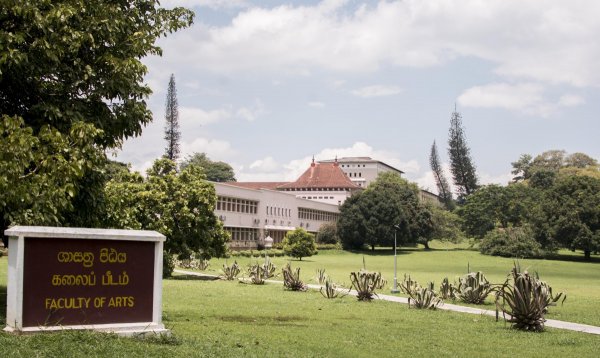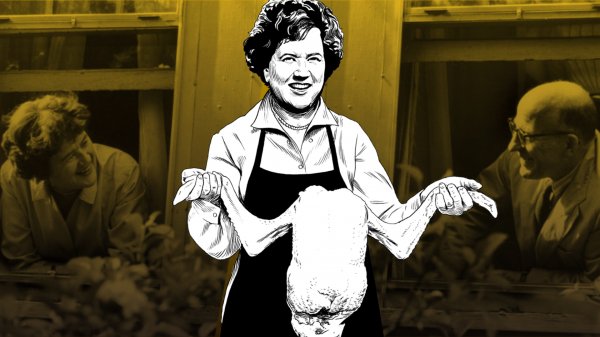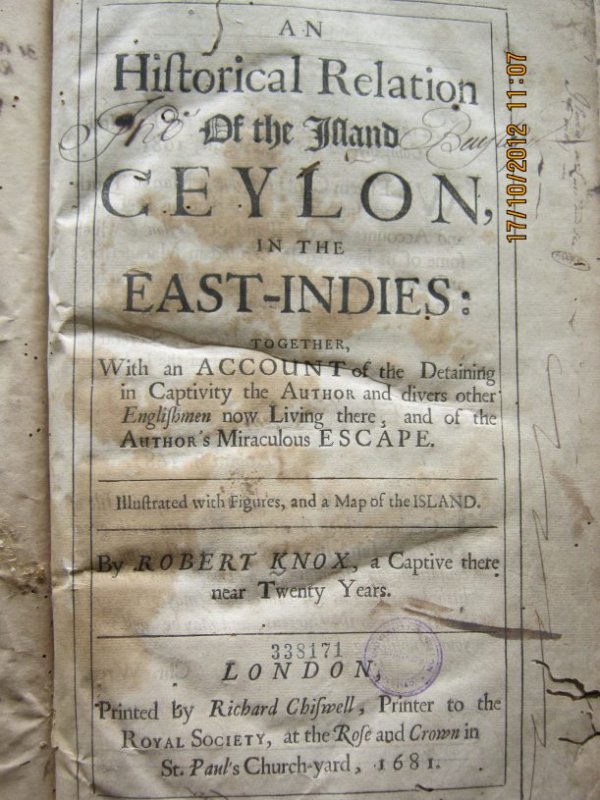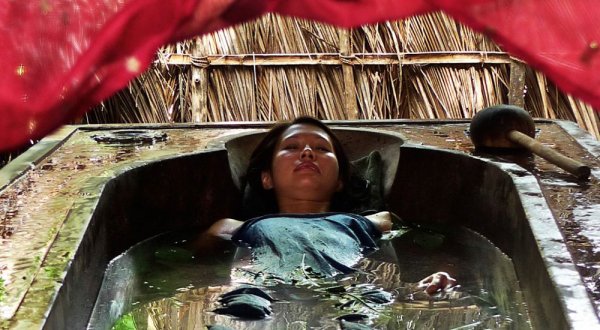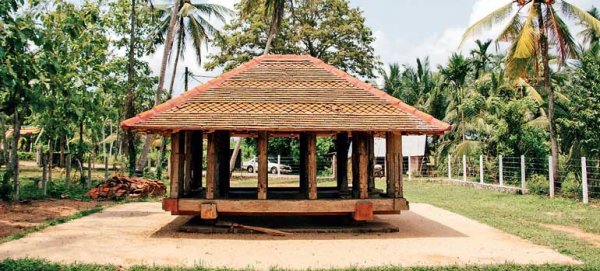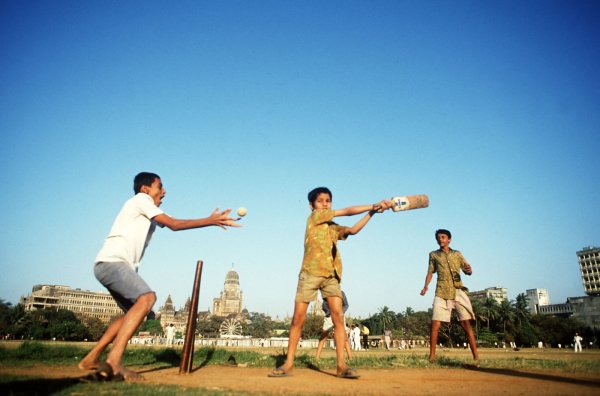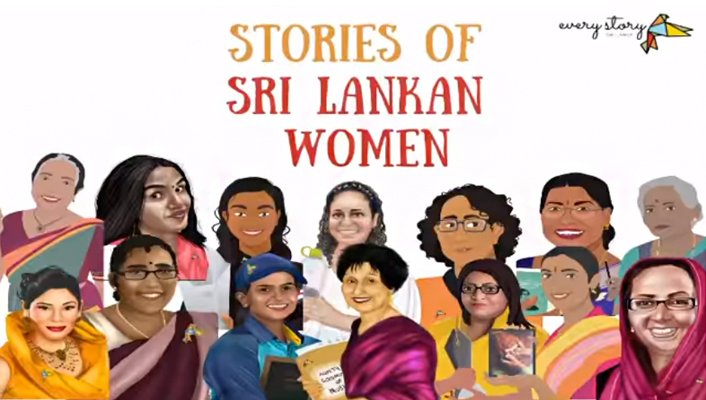
Stories have played an important role in the evolution of society. Anthropologists believe that early humans used stories as tools to convey important life lessons. Now, it is thought that the average adult spends at least 6% of the waking day engrossed in fictional stories on our various screens. This power of stories has been recognised by a group of Sri Lankan women, who have seen the way that stories can be vehicles for conversations that can foster new, critical ways of thinking. Described as a “feminist storytelling, knowedge sharing collective”, Everystory Sri Lanka aims to help people listen, read and learn something in a different way.
The core founders began Everystory Sri Lanka in a similar fashion to how most good stories end up being told: seated around a dining table, over food. “It began as a conversation between friends,” one of the co-founders, Widya Kumarasinghe, told Roar. “We asked ourselves questions like, ‘What does it mean to be a feminist organisation?’ ‘How can we create a safe space where people can feel free to educate themselves without judgment?’”
Everystory is multifaceted in their approach. Their work targets a wide audience, ranging from parents and carers of young children, to girls and young women, to the general public.
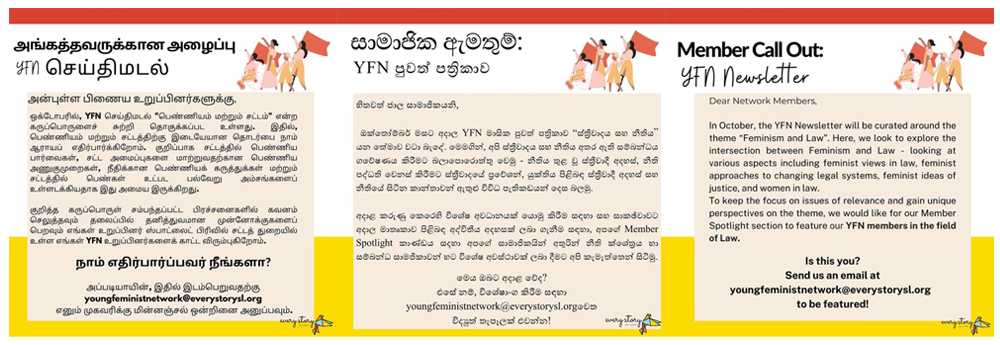
One facet of Everystory that has a rapidly growing following is their Young Feminist Network (YFN), which shares resources and reading lists via a newsletter in English, Sinhala and Tamil. “YFN really came out of us reflecting on how difficult it can be for a young feminist to learn (and unlearn) and access sound, accurate information and resources. Unfortunately, the response to young people who are trying to figure something out tends to be ‘Oh you haven’t read this?’ Go read about it, but what do you read? And where do you start?” Kumarasinghe said.
“YNF strives to make knowledge accessible in a safe space that makes you feel that you don’t have to understand everything and that it’s okay to ask questions,” she explained.
The themed newsletter goes out every month and features recommendations on books, articles, podcasts, video clips, and even TV/Netflix shows to accommodate different ways of learning and thinking critically about a subject. The subscribers are all Sri Lankan, and the team was excited to find out that they were from all over the country — including from Kandy, Badulla and Kilinochchi. “Most people would assume that a collective like this would only appeal to an English-speaking, largely Colombo-based audience, and we were willing to at least start there and put in the work to address this issue…” said Kumarasinghe, “but we were encouraged by the overwhelming response from across the country. This also validated our firm belief that everything that we do should as much as possible be multilingual and in an accessible language and format”.
Everystory also hosts a series of Instagram Live sessions. Their most recent one was between celebrated Bharatanatyam dancer Vidya Balendran and Abilesha Segar, a core-team member who is also a dancer. The two discussed the representation of women in this classical form of dance, to correspond with the wider theme of the month on the representation of women in arts and literature. The conversation was in Tamil, and the structure of the session was designed such that it felt like dropping into a casual chat between two friends discussing their passion for their art.
The collective’s Learning Circles provide a space for people to learn and ask questions that they may otherwise be afraid to. Recently, they conducted a circle on queer feminism in all three local languages. “This can be a sensitive subject, but this circle showed us how important it is to have conversations that may be uncomfortable, and provide a safe environment to ask questions and learn without judgement or fear of offending a peer,” said Bhagya Wickramage, another co-founder.
During the pandemic, they hosted webinars — in Sinhala and Tamil. One session that stood out was on supporting children with learning disabilities, navigating the role of fatherhood in a patriarchal society, and how parents can manage to work from home with toddlers, in particular, being extremely popular.
The response to the webinars inspired the team to develop a book on nutrition for children. “We wanted the book to be something that children and parents can use in order to create healthy eating habits,” explained Kumarasinghe. “Parents can use the book as a conversation starter for children without causing them to develop a complex about food,” she added. This initiative has uncovered challenges, in terms of how such a book can be made accessible across Sri Lanka’s social strata, but regardless, the team wants to make sure that no one gets left out.
This week, the team has launched “Stories of Sri Lankan Women”, a collection of stories of resistance. “The series was inspired by a recent project where we collected stories of ‘resistance’ from girls across South East Asia,” said Wickramage. “We then got the stories out to our subscribers and are now developing these into a larger exhibition for the region,” she said. This idea and interview format were adapted for the Sri Lankan women’s edition, which the team thought was important to do. “We realised that there was no public archive where you could find information on historically important, inspirational Sri Lankan women, especially from a more intersectional perspective. And that, in our opinion, is really sad as there are so many women who have amazing stories to tell,” said Wickramage.
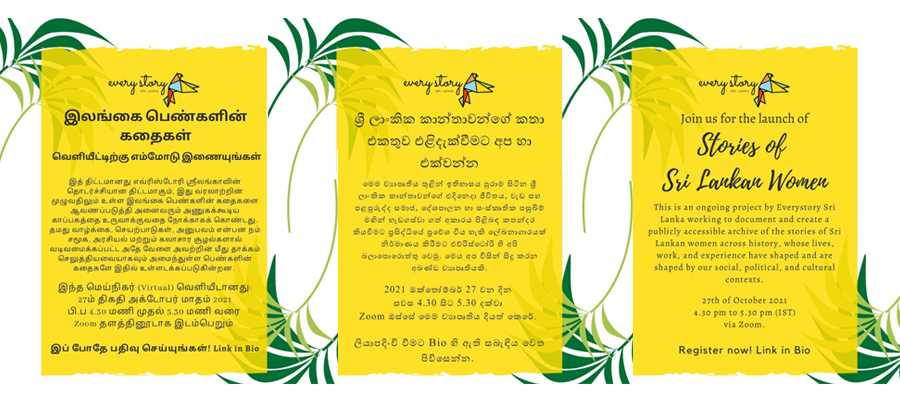
Resistance and inspiration are the main criteria for this series, but what do they mean by “resistance”? They refer to women who have challenged social norms and structures in some way, whether at an international or national level, within their community, or even through their mere existence by living their truth and challenging patriarchal limitations and stereotypes, explained Kumarasinghe. “We feature stories of women whose lives, work, and experiences have shaped and are shaped by Sri Lanka’s own social, political, and cultural contexts,” she said.
The Everystory team says they are grateful to have received funding from the Dutch Embassy, which enables them to execute the project in ways that fit their values. With this grant, they were able to hire qualified women writers, translators, and illustrators for every interview that was conducted. “Everyone who we interviewed, some of whom have been interviewed hundreds of times, has said that it was a unique, interesting experience for them too,” said Kumarasinghe, “as it required them to be reflective of their own journey in a way a more traditional interview might not.”
Collectives like Everystory are carrying on the tradition of storytelling, but in a way that will create better understanding and educate those who are looking to learn about something that they may not be familiar with. The collective’s work and experiences clearly demonstrate the power of stories and the impact that can be made by those who tell — or share — them. As the British writer Neil Gaiman once said, “We owe it to each other to tell stories.”

